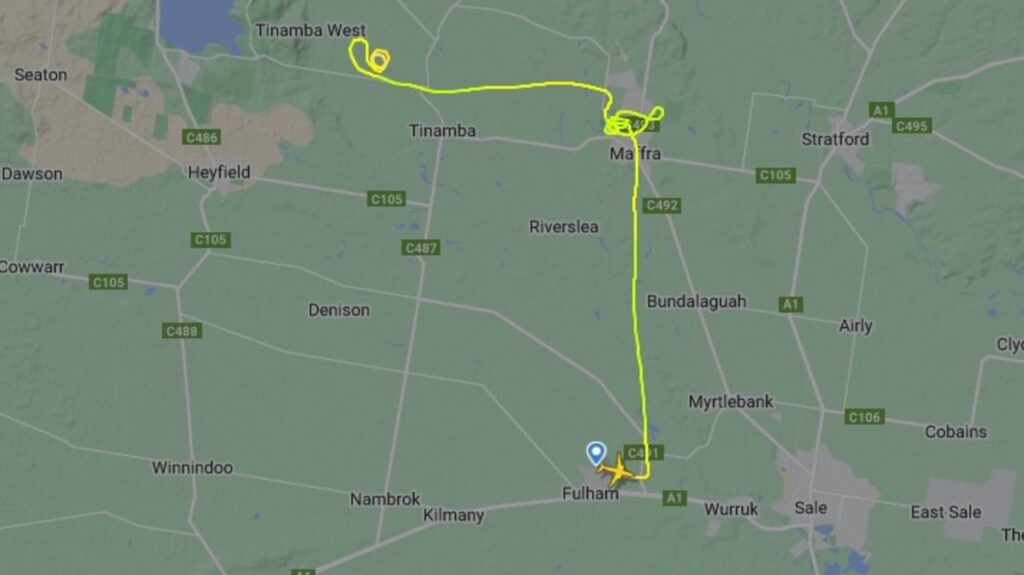’Kick in the teeth’ for struggling Aussies
Written by admin on August 25, 2024
The grinding and mounting cost of mortgage repayments has been laid bare in recent weeks as key data from the big banks shows arrears are growing.
The number of households behind on mortgage repayments is still not above historic averages, but it is rising and many people believe the full effects of the run of interest rate hikes and the fixed-rate “mortgage cliff” the economy was warned about have not been fully realised.
And while inflation since 2021 means Australians effectively earn 7 per cent less, the banks continue to post eye-watering profits.
“For many of these families doing it tough, seeing huge bank profits will come as a kick to the teeth,” RateCity spokeswoman Laine Gordon said.
Recent data shows mortgage arrears have risen above the levels in the year prior to Covid-19 pandemic.
While the number of people falling behind on repayments is relatively small, it’s likely to increase this year and potentially next year, Ms Gordon said.
Many people saved money during the pandemic, some drawing on superannuation to pay off debts.
But a wave of people went hurtling towards a much feared “mortgage cliff”, as fixed-rate mortgages – taken up when the Reserve Bank said rates would not increase until 2024 – expired.
By late 2023, fears of the cliff had mellowed, as holders of super-cheap fixed loan rates of about 2 per cent switched to variable mortgage rates of about 6 per cent. But savings built up during the pandemic are clearly being eaten away.
Figures from the financial regulator show cash in deposits has been decreasing – from $374bn in April, to $328bn in May, to $261bn in the latest figures for June.
Data compiled by Australia’s largest bank, Commonwealth Bank, shows mortgage holders are spending more than 20 per cent of their pre-tax income on house payments – twice as much as at the turn of the century.
Commonwealth Bank released its full-year results last week, flagging the higher cost of living is increasing home loan arrears.
Arrears in expired fixed rate home loans have jumped, up from 0.92 per cent to 1.3 per cent, though below the 15-year average of 1.38 per cent.
Home loans in 90-plus days of arrears have jumped from 0.47 per cent to 0.65 per cent, though sit level with the historical average and a tick below 2019 levels.
“I encourage people under mortgage stress to speak to their bank,” Treasurer Jim Chalmers told NewsWire in a statement.
“Banks are legally required to do what they can to help people who are finding it difficult to pay their loans. They have programs and processes in place to provide support,.”
Last week, Commonwealth Bank unveiled a $9.84bn cash profit for this financial year and record dividends.
Dividends from the big banks bolster the majority of Australians’ superannuation funds.
“We know Australians are having to make tough choices when managing their money and we have a number of solutions available for customers who are experiencing hardship,” a bank spokesperson told NewsWire.
“We know many of our customers are finding it harder and harder to deal with the higher cost of living,” CommBank chief executive Matt Comyn told analysts in a briefing after the results as his own $8.9m pay packet was divulged.
“We have taken a deliberate strategy to proactively contact customers and have provided 132,000 tailored payment arrangements to those most in need.”
The bank has opened access to fee-free and interest-free $2000 loans for six million Australians as well.
This week, Westpac reported a three-month $1.8bn profit, up 6 per cent lift on the first-half quarterly average and flat on the same period last year.
“We know many Australians are feeling the pressure of the high cost of living. While the majority of our customers have adjusted their spending habits and are ahead on mortgage repayments, there is dedicated support for those who need it,” a Westpac spokesperson said.
In a third quarter update to the ASX on Monday, Westpac also showed arrears were mounting.
Westpac mortgage holders in 30 days of arrears have risen to 1.9 per cent. The number of mortgage holders 90 days behind in payments increased to 1.12 per cent.
The bank’s delinquency and watch list has also grown to 1.42 per cent of its lending book, an increase of 26 basis points in a year.
The bank continues to make more money on high interest rates. The net interest margin – a key financial signpost – rose from 1.89 per cent to 1.92 per cent.
“There has been some relief in the form of higher interest rates on savings, energy rebates
and the tax cuts filtering through from July 1 this year, but overall the picture has been fairly
Grim,” Money.co.au editor Sean Callery said.
“Higher wage growth has more recently helped people catch up to an extent, but the
damage was really done a couple of years ago when annual inflation was running much higher.
“Increasing living expenses and mortgage repayments are forcing many Australians to work extra hours just to continue putting food on the table and keep a roof over their head.”







